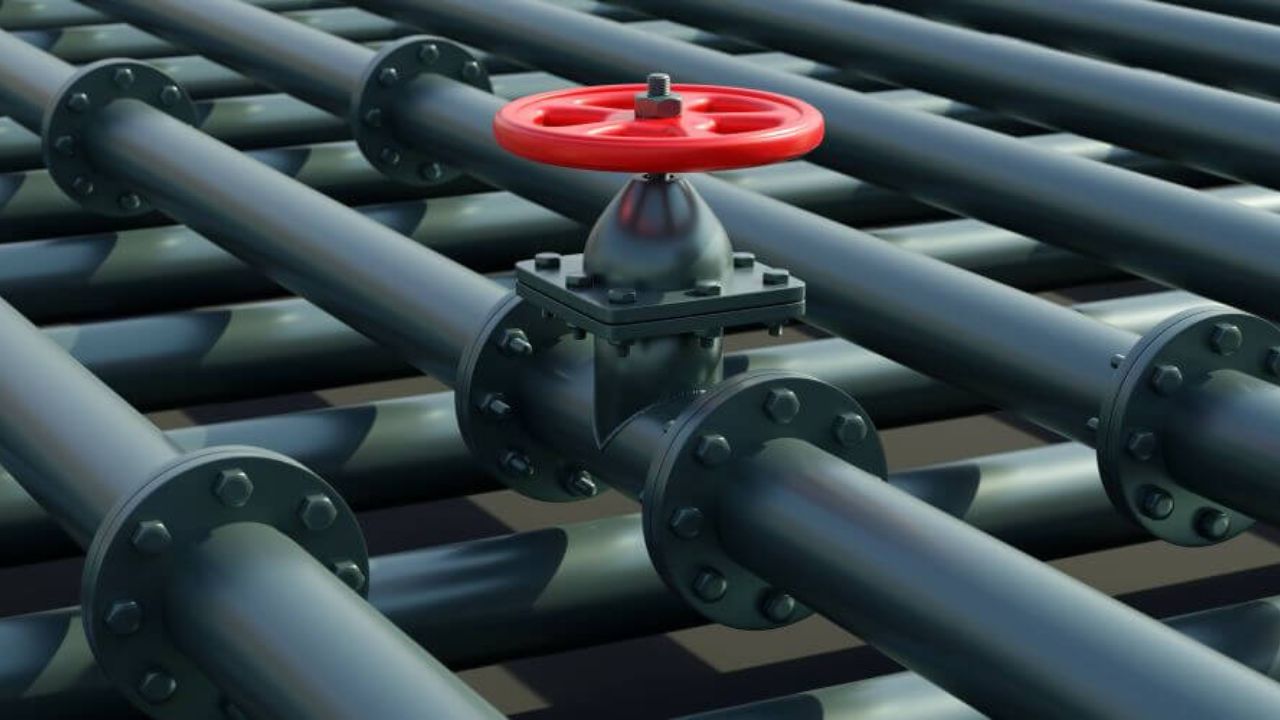Selecting appropriate steel pipes for structural projects remains essential to achieve safe durable constructions with efficient performance. The AS1163 standard represents a reliable industry standard that defines cold-formed structural steel hollow sections. Let's find more information about the AS1163 standard the https://www.tuspipe.com/standards/as1163/. This article delivers a detailed explanation of AS1163 steel pipes together with selection guidelines for construction applications.
Understanding AS1163 Steel Pipes
AS1163 represents the standard that focuses on cold-formed structural steel hollow sections. Construction applications depend on these pipes to deliver the necessary strength and durability for structures including buildings and bridges. The standard defines essential production standards testing protocols and supply requirements for electric resistance-welded steel hollow sections that undergo cold-forming. AS1163 contains multiple grades that differ in their yield strength capabilities and impact resistance characteristics. The standard defines three grades of steel which correspond to C250 C350 and C450 based on their minimum yield strength. The selection of suitable steel pipe for specific applications depends heavily on understanding different grades.
Key Factors to Consider When Choosing Steel Pipes
Strength Requirements
AS1163 provides three main steel grades named C250, C350, and C450 which have distinct minimum yield strength requirements.
C250:
Applications that do not need high strength typically use C250 grade steel pipes because this grade provides a minimum yield strength of 250 MPa.
C350:
Due to its higher yield strength at 350 MPa grade C350 steel finds applications in building structures and infrastructure systems that need strong foundations when faced with normal operational stresses.
C450:
The highest strength grade C450 delivers a minimum yield strength of 450 MPa which makes it suitable for demanding applications including high-rise buildings and bridges and structures located in high wind or seismic areas.
The correct selection of strength grade will allow steel pipes to withstand their design structural loads without wasting additional materials.
Impact Resistance and Durability
The impact resistance of steel pipe stands as an important consideration for designers. The AS1163 standard includes impact testing requirements for specific grades through the addition of an 'L0' suffix to grades such as C250L0, C350L0, and C450L0. To confirm resistance against damaging temperatures the materials get executed through impact testing procedures. Projects located in cold regions or areas with temperature variations need steel pipes that demonstrate low-temperature impact resistance. The L0 suffix shows that the material went through tests confirming it preserves its structural strength during extremely cold conditions.
Dimensional Tolerances
Constructive success depends on exact steel pipe dimension and tolerance specifications since these aspects determine how well the components will fit and behave in the project. The standard AS1163 defines precise specifications for pipe shape dimensions along with thickness and mass requirements. The outside diameter of steel pipes falls within ±1% of its nominal value but thickness tolerances depend on the pipe size. Pipes used in load-bearing construction require strict installation tolerances because deviation from acceptable norms can create serious structural problems. Small variations from the specified dimensions will reduce the pipe's strength which can result in future structural problems. The project demands steel pipes that fulfill these dimensional requirements so it remains essential to select appropriate steel pipes.
Corrosion Resistance
The external exposure conditions of steel pipe construction projects create challenges because they can cause steel materials to rust and corrode in the future. Many construction projects need coated steel pipes to extend their operational lifespan and improve performance. The coating process protects AS1163 pipes from corrosion damage in outdoor conditions and marine environments. Steel pipes receive extended life duration through the right coating selection between epoxy or galvanized which reduces necessary maintenance requirements throughout the metal pipes' lifespan.
Compliance with Standards
The selection of steel pipes must adhere to industry standards which include AS1163. Testing and verification of materials according to specific quality and safety standards is achieved through compliance. Stocking these materials permits verification of both structural reliability and their capacity to serve the intended purpose. Tianjin United Steel Piping Co., Ltd (TUSPIPE) provides complete test reports and certifications that verify that their products satisfy all necessary standards.
Conclusion
The selection of steel pipes for construction projects demands a thorough evaluation of strength needs and impact tolerance along with dimensional precision corrosion protection and adherence to industry specifications. The AS1163 standard establishes a dependable system for steel pipe selection which matches the requirements of diverse construction applications. Engineers and project managers can make safe and effective construction decisions through their understanding of pipe grade differences and by verifying proper specifications. Building projects succeed by selecting steel pipes of the correct grade from established manufacturers who uphold strict quality standards.


